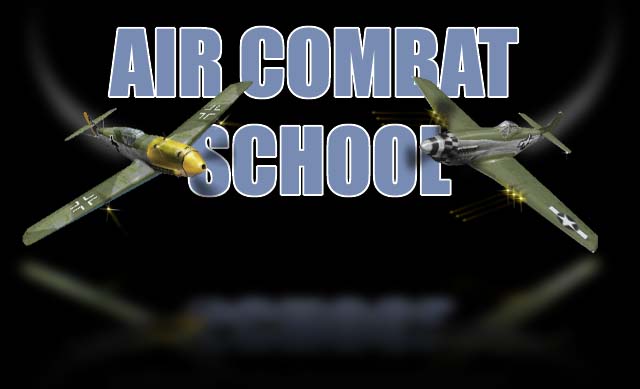
European Air War

Morale Effects
Morale comes into play both at the individual and at the Squadron level. To appreciate the impact of the latter, you must first understand the former. At the simplest level, pilots will gain morale when they are successful and lose morale when they are unsuccessful.
After every mission that a pilot participates in, his morale is affected one way or another. But the degree to which it as affected varies, and to understand how, you must know something about the mentality of fighter pilots. For example, destroying a ground target is good, but pilots expect to be able to accomplish this because they inherently feel the advantage of speed and position. Air victories are much less certain, however, and boost a pilot's spirits much more noticeably. Successfully completing a mission positively impacts all the pilots who flew that mission, and winning an extended operational phase raises the Morale of the entire Squadron.
The morale of your men will be negatively impacted whenever they fail to complete a mission, or an operation doesn't achieve the desired affect, but even more so when they suffer casualties. Every man feels the loss of a wingman very keenly, but the greater the stature of the pilot lost, the greater the impact on the Squadron, or even the Group as a whole. Over time, your best pilots become not only inspirations to the younger ones, but also veritable icons that it is possible to survive this war. When one of these Aces falls, which some will inevitably do, it can have a devastating affect on morale.
Group Morale
The Morale of the Squadron or Group, as well as that of any enemy formations you might encounter on a given mission is determined at the beginning of the mission by averaging the morale of all the individual pilots in each grouping. For example, when conducting a long range escort mission into Germany, the Allied formations would have a morale rating equivalent to the average of the squadrons from which they were formed. The same is true of the German pilots which intercept the mission, but since they might come from several different squadrons/airfields over the course of the mission, their morale level might be very diverse. A squadron which is based very near the front and has seen continuous action with the inherent losses associated with such an operational tempo might be shaky under the strain. And one who intercepts later in the mission might have seen little action, be very fresh and have excellent morale even if they aren't battle tested.
The morale level of a unit has a direct affect on the overall effectiveness of the group. Units with a poor/low morale do not perform at the same level as their counterparts with good/high. Morale's main attribute to the group is that it determines the group's breaking point. Obviously, groups with better morale tend to stay in the fight longer than those with worse morale. And if a group breaks and heads for home, they obviously do not complete their mission successfully, which also negatively impacts both individual and group morale for subsequent missions, not to mention
This material was included in the original 1998 release of European Air War by Microprose.
